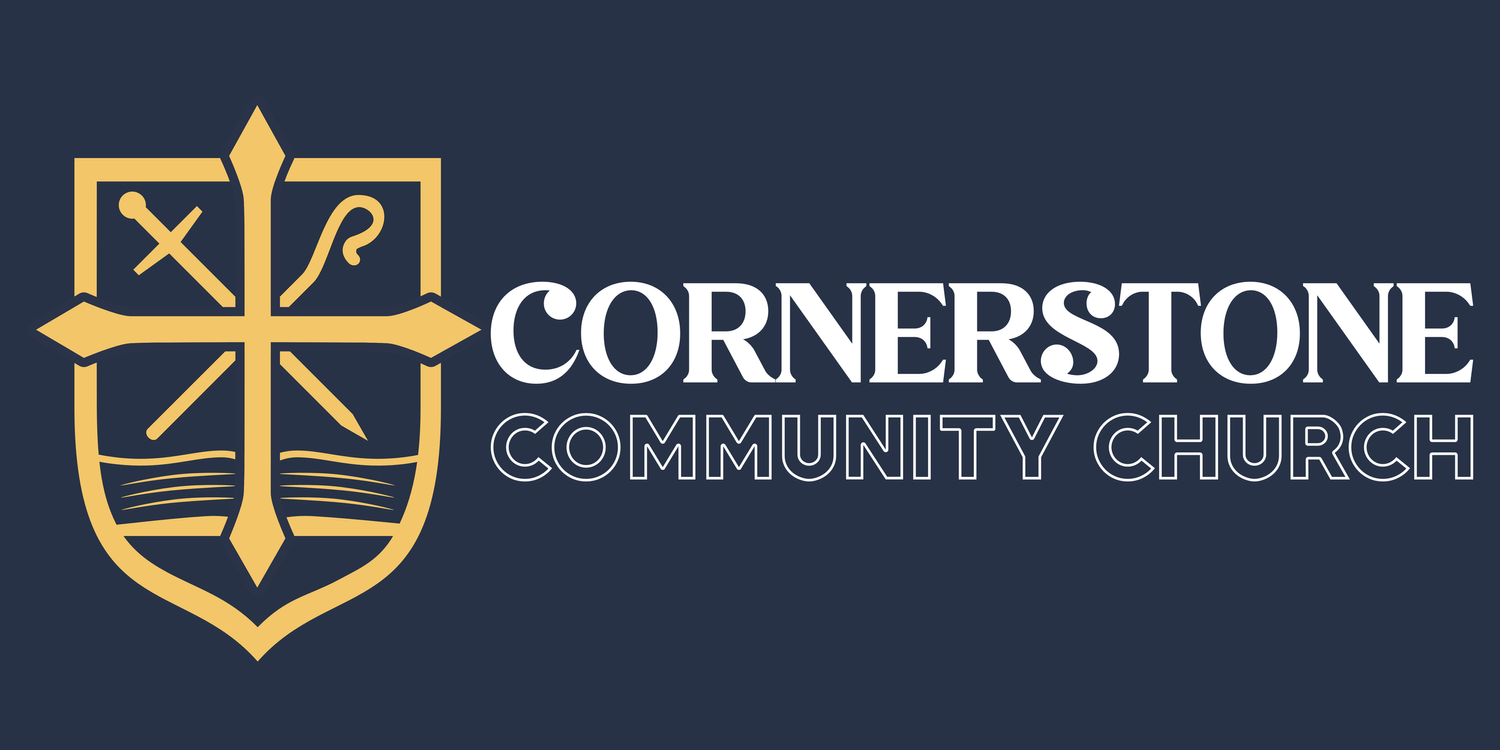Looking for a place to be fully known and held accountable to being a disciple of Jesus? That’s what DNA is for
DNAs exist to “disciple the saints through: Discovering, Nurturing, and Acting.”
Their mission is to be a discipleship group of 3-4 gender-specific people that: read scripture, confess sin, apply the gospel, pray for one another, and take action by living on mission for the unchurched in their lives!
Discover: Discover Jesus through reading the Scriptures
Nurture: Nurture one another with the truths of the gospel in our hearts in the confessing of sin
Act: Take Action by obeying Christ’s call for us to live on mission for the lost
DNAs are the most organic, core level of fellowship within the church. You get out what you put into this time with your brothers and sisters in Christ, and it’s our hope that a culture of gratitude and service in our church would overflow from the love shown in our DNAs.
DNA FAQ
Formation
How do I join a DNA?
Ask a friend or an Elder at any point to get plugged into a DNA group.
Who should be in my DNA?
Gender-specific, friends who do life with you most frequently. If possible, seek a mix of those in similar & varying life stages to ensure rich discipleship.
How many people should be in a DNA?
Ideally, three to four; any more than that, and groups may have difficulty scheduling a consistent meeting time and having deep conversations.
What if I want to invite someone to my DNA?
To respect those in your group, always ask the others in your group before inviting someone else. Be honest if you are not comfortable with a new member joining. It could be a natural means to birth a new DNA!
When is it time for my DNA to multiply?
Growth is the best litmus test. If people are wanting to join, or invite others, it’s probably time to multiply. When your group hits four members, it’s time to start preparing to multiply.
How should my DNA multiply?
Your DNA is ultimately about relationships. The multiplication conversations should be held in person, with each person speaking to the decision, and be concluded in full accord. Don’t forget that the main goal is to glorify God and serve others!
Function
What should I expect at a DNA meeting?
1-2 hours of Scripture study, accountability, encouragement, confession of sin, and prayer.
What should my DNA study content be?
Content assigned by Elders or other books of Scripture.
Is it okay if I am not comfortable sharing sin?
We believe confession is a vital factor in a believer’s growth. While your DNA will never shame you into sharing, they are not loving you well if they can’t help you enjoy the blessings of the Gospel: confession, grace, and mutual accountability
What do I do if my DNA remains surface level, or if members are not faithfully operating?
This includes inconsistent meetings, failure to read, confess sin, live on mission, etc. Lead in action and vulnerability! You get out what you put in; be faithful to read, confess, act, and trust others to do the same! If problems persist over time, be honest and express your concern. If they still persist, let an Elder know so we may help. If the problems persist beyond these two steps, you then have cause to humbly part ways and seek a new DNA with both a clean conscience and your Elders’ blessing.
How do I lovingly ask tough, accountability-based questions?
Begin with asking what questions they want to be asked, and the questions they need to be asked. As trust builds, asking tougher questions will come more naturally. Each member of the DNA has the spiritual responsibility to ask these questions in love and receive them in love. Remember, the goal is to edify.
How do I apply the Gospel to confessed sin?
Remind them of grace, the atoning work of the Cross, their justification by Christ, and their identity as a child of God. Encourage them to think of how Christ died for that confessed sin and how God’s grace grants eternal forgiveness that equips all saints for a practical pursuit of holiness.

